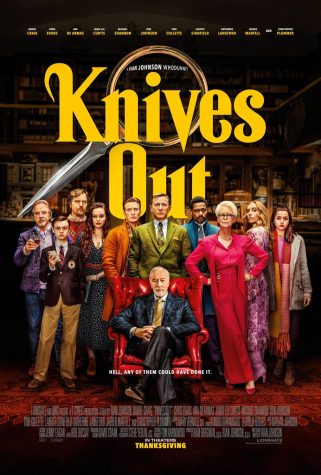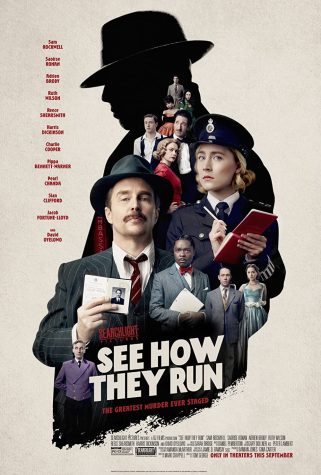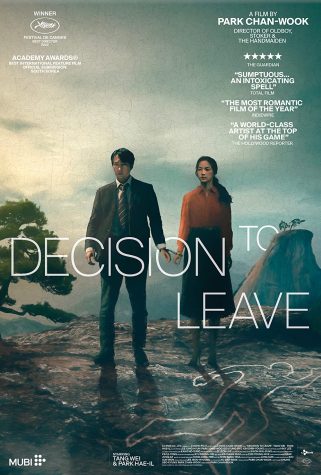Why one walked out, and why the other didn’t
Why I walked out, by Anastasia Reimann
At 9:59 a.m. on March 14, I left my first-period class with several of my classmates to participate in a student-led memorial held to honor the 17 people who died in the Parkland shooting.
In a very primitive sense of the term’s definition, yes, I “walked out.” But there was no protest. Just 17 balloons for 17 names — 17 legacies now left behind. As students, we stood in an elliptical excuse for a circle and listened. When the last name had been read, we waited in silence until 10:02. Then we headed back to class, still quiet.
It’s hard for me to explain why I “walked out” because our school did not have a protest to confirm the political connotations the phrase “walk out” invokes. I left class, but I left knowing I wouldn’t be punished. I left for reasons involving the Parkland shooting, but I left for a memorial, not a protest. I’m not sure I would have left class if administration had decided to take disciplinary action, partially because I’m still not quite sure what my stance is on gun control, and I wanted more time to formulate my own opinion on a political issue before I advocate for something involving that issue.
Here’s what I can tell you, though: our students held a memorial, and I’m glad they did, because the memorial was worth walking out for.
In the silence, I found solidarity. I looked around at kids I take classes with and TA for and pass in the halls, and I realized that, regardless of their political ideologies, everyone here was present because they felt it was important to be here. And I knew, regardless of their stances on gun legislation, everyone at that walk-out wants to feel safe on campus. That revelation made me wonder how much I really had in common with people I’d dismissed as so unlike me.
I don’t take issue with not walking out, and I respect the choices of anyone who decided not to walk out. What I take issue with is people dismissing walk-outs as a petulant, ill-informed expression of political beliefs driven primarily by adolescent angst.
It shouldn’t take a tragedy for people to reach out to each other. Yes, it’s important to band together when bad things happen, and it’s important to reach out to others in the wake of the Parkland shooting to build community. But we should be reaching out anyway. We should be fostering a welcoming and loving school environment not contingent on what traumatic events occur on campus. Fostering that environment is always within our control. It’s always our responsibility.
That’s my frustration with the “Walk Up” countermovement: it addresses one important component of the issue — maintaining nurturing and supportive communities — but in addressing that component, it allows participants to dismiss any of the possible agency provided by lobbying for gun legislation, because “Walk Up” implies protest is pointless. And petty.
Here’s the thing: protest alone will not rid America of school shootings. If young Americans want gun legislation, they’ll need to use traditional political avenues to reach Washington. They’ll need to contact their representatives and senators. They’ll need to form a well-organized, persistent and articulate grassroots movement.
And it’s important that young people — many of whom will be voters in the next few years — know that it is OK for them to speak up about what they believe in. If nothing else, walk-outs are good gateways into internal political efficacy for younger people because those who aren’t able to vote yet can still participate in movements that alert our government its citizens want change.
Adults protest all the time. It’s a civil liberty given to all American citizens. So if young people want to dialogue with the adults running their nation, I think it’s important that, before we dismiss teenagers as “ignorant” or “impulsive,” we at least try hearing them out. Because the only way for us to coexist politically as a nation is to cooperate. And bashing walk-outs as a pointless method of student political participation does not help bridge this gap. It only widens the gap.
Why I didn’t walk out, by Crystal Sung
Ten a.m., March 14. Across the country, teenagers walked out of school as a call for gun control.
At CAHS, students also walked out — but as a vigil for the 17 victims of the shooting, not as a political statement.
I stayed in class.
Why?
Two reasons.
Any attempt to divorce the political aspect from the physical aspect of an inherently political movement such as the walkout is counter-intuitive and frankly impossible. Even though the CAHS walkout was turned into a memorial for the victims, the walkout was still part of the national political movement. I don’t oppose a memorial; I oppose the affiliation of the walkout.
My issue with the walkout movement was the lack of knowledge about how the system works and true impact. Many protesters I’ve talked to either don’t have a concrete solution in mind or have an over-simplistic view of how government works. When I asked people what the purpose of their stand was, they couldn’t get more specific than their own safety concerns and desire for gun control legislation.
Walking out is so easy compared to truly making a difference, as the walk up movement strives to emphasize. Many assume that the walk up movement undermines calls for gun control, but it simply is the productive alternative to protests.
Have structural recommendations? Write a polite letter to your state legislator recommending legislative action, if you will. The Democrat supermajority in every branch of the California legislature would make it easy to pass regulations if gun control what you want. Recently, my club composed a policy proposal on the problem of mental health in schools, if that’s what you are concerned about.
Or begin with simple things. Even reform as comprehensive as banning all firearms can’t entirely prevent all shootings, but you can make a big difference by starting by a bottom-up approach. Imagine if everyone stopped talking behind people’s backs and complimented a person a day instead. Imagine if every single person put aside their phones and their exclusive friend groups to talk to someone who is always sitting alone or someone who disrupts class because he or she craves attention. Pay it forward.
More walkouts and protests are not the answer, especially when they disrupt education. Your actions, as the next generation, are the answer.
And that is why on March 14 and every day after, we should walk up, not out.










